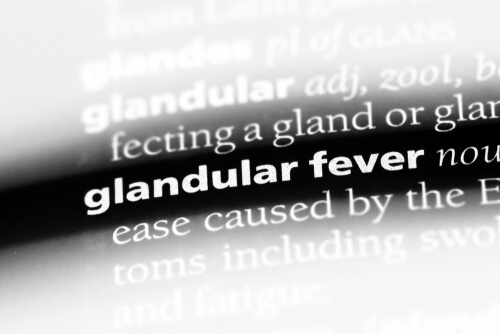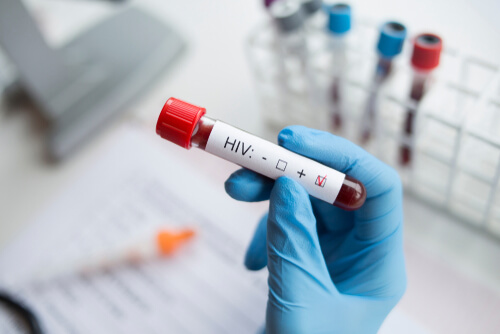
Have you heard of 'The Kissing Disease'?
Glandular fever (properly known as Epstein–Barr mononucleosis) is a viral infection that causes an illness similar to influenza. It is sometimes called ‘the kissing disease’ because it was observed to be passed from one person to another through the mouth. It is also transmitted by coughing and sharing food. The virus spreads through the bloodstream and the lymphatic system, causing the spleen, liver and lymph glands to swell as well as causing a fever (hence the term ‘glandular fever’).
What are the symptoms?
The symptoms are similar to those of the flu: fever, headache, blocked nose, nausea, mouth breathing, sore throat (you may have tonsillitis) and a general sense of feeling ‘out of sorts’. The patient may be aware of having swollen, tender glands (lymph nodes) in the neck, armpits and groin. Less common symptoms include a rash and jaundice.
How is it diagnosed?
The best way to diagnose the illness is for a blood test to be done. The blood smear also shows abnormal cells(called monocytes) under the microscope, hence the name mononucleosis.
How long does it last?
The major symptoms usually disappear within 2 or 3 weeks, but for a further period of at least 2 weeks you may feel
weak, lacking in energy and depressed. Occasionally the lethargy can last for many months, suggesting that chronic
glandular fever is one of the causes of chronic fatigue syndrome.
How common is the problem?
It is probably more common than realised, because many cases are mild and pass unnoticed or are simply mistaken for
a mild attack of influenza. This applies particularly to children. Children and young adults are the most likely to catch the
virus, but the disease is usually seen in 15 to 25 year olds. Most people are probably affected by glandular fever at some
stage in their life.
What are the risks?
It is not a dangerous disease, but can make you feel extremely sick if it causes hepatitis. It can lead to chronic fatigue for several months. You may have a relapse during the course of the first year after contracting it. However, it eventually settles completely and the body returns to normal.
What is the treatment?
Because glandular fever is a viral infection, antibiotics will not help. The illness must simply run its course.
Do:
- Take paracetamol (in modest doses) to relieve discomfort or pain, but not if the liver is affected
- Rest (the best treatment), preferably at home and indoors
- Drink plenty of fluids such as water and fruit juices
- Disinfect articles soiled with nose and throat discharges, such as handkerchiefs.
Don’t:
- Drink alcohol or eat fatty foods
- Push yourself to perform tasks
- Attempt to return to your normal daily routine until advised to do so by your doctor (about 4 weeks after the illness starts)
- Participate in contact sports until at least 4–6 weeks after complete recovery (an abdominal injury may cause the swollen spleen to rupture)
- Share drinking containers.
Finally, it is common to feel depressed during the illness and in the recovery phase because you may feel tired and
lethargic. Report any such problems to your doctor.
Topic: General Medicine









Leave a comment